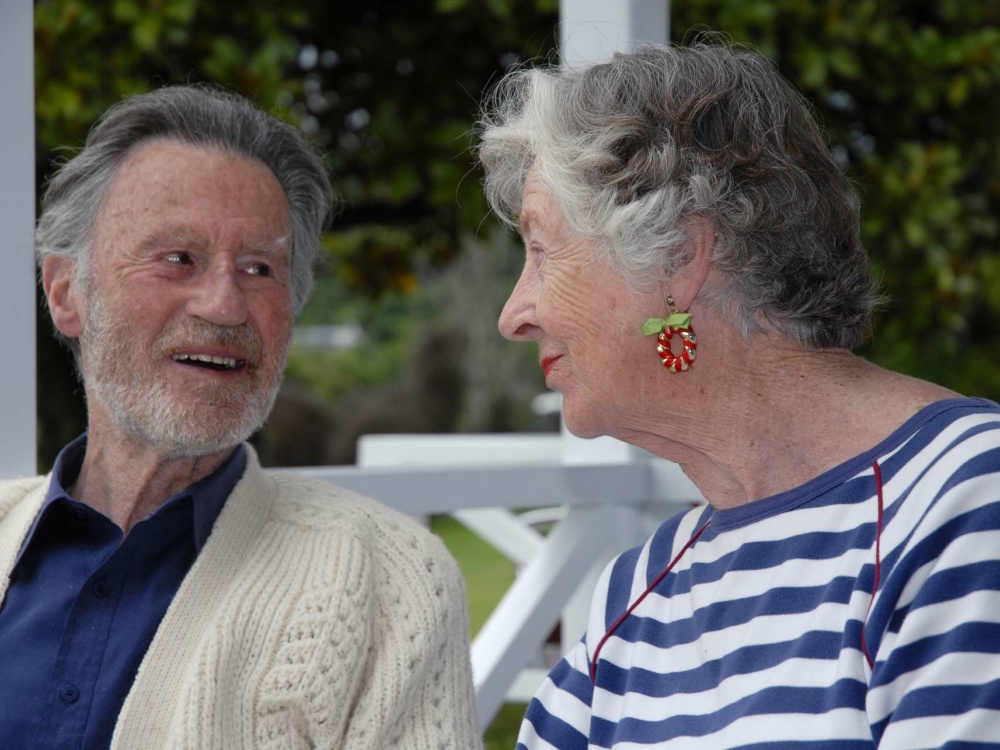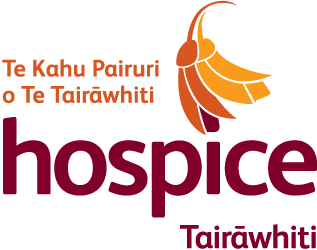
What we believe
Hospice Tairawhiti supports the international palliative care definition that Hospice neither “hastens nor postpones death”. We believe in caring for a patient until their natural end of life.
While Hospice Tairawhiti recognises that patients have a legal right to assisted dying, we have taken an organisational position of conscientious objection in relation to the End of Life Choice (EOLC) Act 2019. This means that if you are exploring the option of lawfully requesting medical assistance to end your life (assisted dying) Hospice Tairawhiti staff will refer you to the Support and Consultation for End of Life in New Zealand (SCENZ) Group.
What conscientious objection means in practice
Hospice Tairawhiti will not add assisted dying procedures to our services. Hospice staff will not assess eligibility for assisted dying, prescribe, or deliver, or be present during the administration of medication to end a life. From experience, we know that with the right palliative care a person can have their symptoms managed to help them feel as comfortable as possible until their death.
How this may impact you
When a patient chooses assisted dying in their own home, Hospice Tairawhiti will provide the patient with specialist palliative care services up until the time of the assisted dying intervention. Hospice Tairawhiti staff will not be able to be present at the time of assisted dying. Families will still be able to access bereavement support thereafter.
Hospice Tairawhiti will continue to support all of our patients and families by providing specialist palliative care for as long as possible. We will respect a patient’s choice to take this path and it will not stop us from caring for them or their family/whānau in every other way.
We encourage people to communicate what is important to them at end of life.
For information on the End of Life Choice Act visit https://www.health.govt.nz/our-work/regulation-health-and-disability-system/end-life-choice-act
